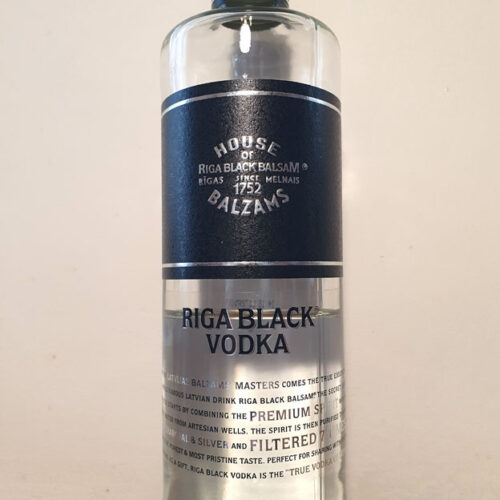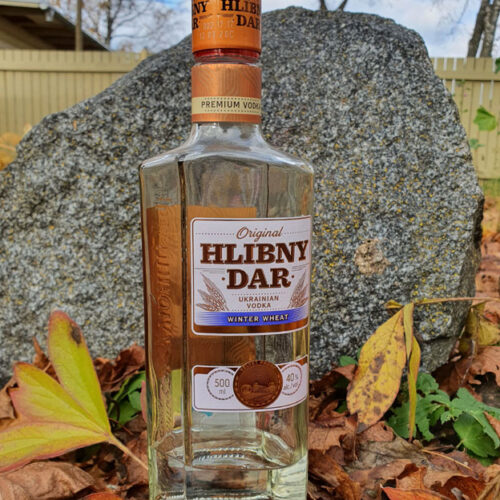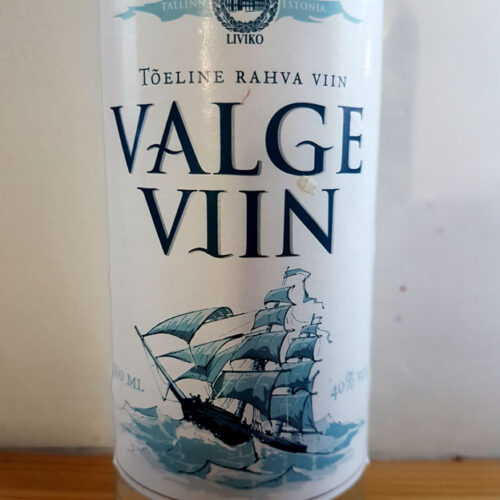
Moe Distillery is the oldest distillery in Estonia. According to Moe’s website, it is the world’s second oldest vodka distillery, founded in 1688, when Estonia was under Sweden and ruled by Charles XI. However, 1886 was the year that the making of liquor in the new modern premises began at Moe Manor. Over the years, operations have been suspended during the wars, and the owner has also changed several times.
The current operator restarted production in 2009 and the first batch, Moe 1886 vodka, was launched in 2011. The rectified spirit used by Moe are produced at the Rakvere factory (Estonian Distillery), which is currently the only spirits factory in Estonia. Most other vodka producers in Estonia use imported rectified spirit.
Moe 1886 is 100% rye vodka, made from winter rye using traditional vodka production methods. It has not been filtered at all, when it has been desired to leave as much of the raw material’s aromas as possible in the liquor. Sugar, glucose and other additives have also not been added. A 50cl bottle of Moe 1886 vodka costs about 9 € in Estonian stores.
The aroma is strongly grainy, clean, slightly ethanolic. The taste is rough, full-bodied and grainy. The taste has aromas of rye bread, a little sweetness and a hint of spiciness. There is also a taste of roasted grain, which is typical of vodka made from rye. The aftertaste has a bit of dry bitterness, otherwise it is sweet and grainy.
When drinking neat, vodka is quite rough and intense. Filtration would probably have made the taste softer and lighter, but it would also have a weaker grain aroma. Compared to light and sweet wheat vodkas which are filtered several times, Moe 1886 may be even too strong and rough. When diluted with water, the aroma of roasted grain is strengthened and it mixes well with the sweetness of rye.
Moe 1886 is an original, very grainy vodka that may be challengingly strong in the beginning. I appreciate that it has not been artificially softened by filtration and the addition of glucose. Moe from 1886 gives some idea of what vodkas have tasted like before modern filtration technology made them neutral and tasteless. However, some kind of after-treatment could be in place to be more palatable, especially if only somehow the aromas could be kept.
86/100


